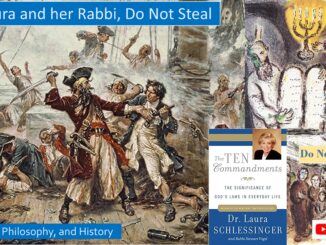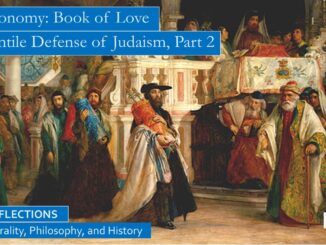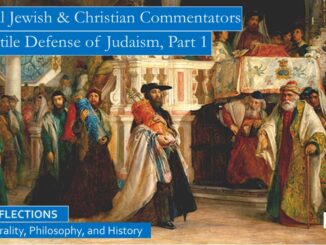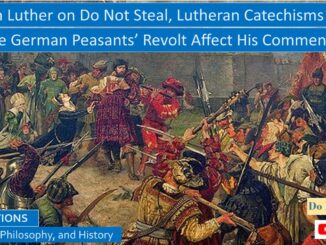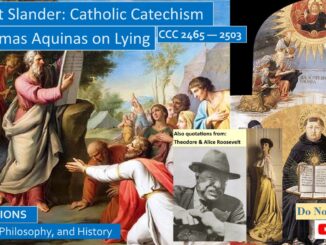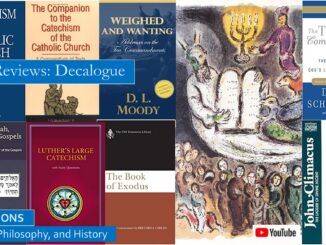
Should You Leave Your MAGA Church? Or Should You Stay?
Rev Trevors does not address the common situation where the pastor or priest is setting the MAGA tone when he is leading the congregation, which is so often true in congregations in America. This generates another concern: Should you stay in a church where you will be challenging the teaching authority of the pastor or priest?
Is this a special case for this more basic question: Does the Decalogue exhort us that respect precedes love? Is love impossible when we disrespect either God or those in authority?
There is no verse in Scripture that directly commands the believer to attend weekly services. Several verses in the Psalms sing on how the believer should joyfully be drawn to the house of God, but in the New Testament we only have the verse in Hebrews that simply exhorts:
“Let us consider how to stir up one another to love and good works, not neglecting to meet together, as is the habit of some, but encouraging one another.” […]


